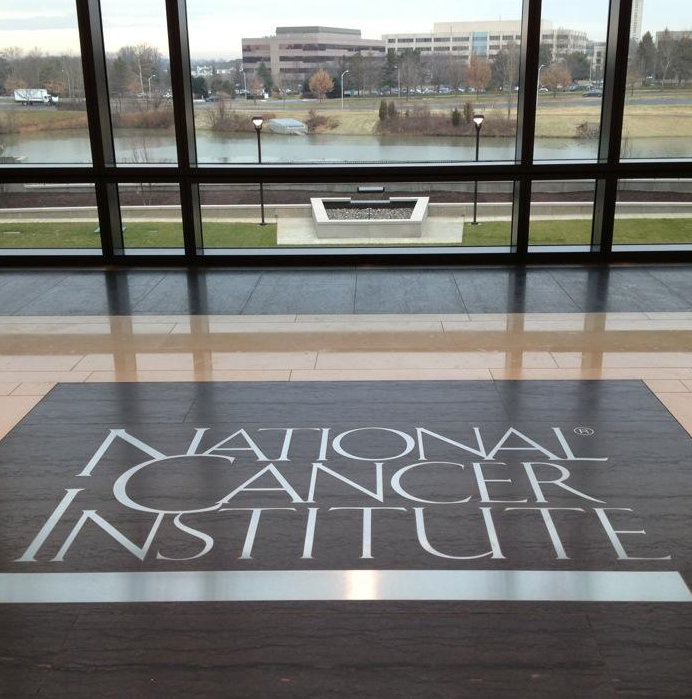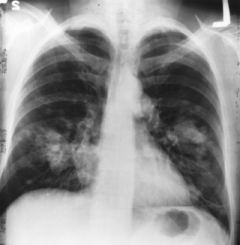Using mouse embryonic stem cells, researchers at the National Cancer Institute (NCI), part of the National Institutes of Health, have developed a new method to evaluate which mutations, or changes, in a gene known to increase breast cancer susceptibility, may lead to cancer. The new test, called a functional assay, is more comprehensive and reliable than most current methods. This new test could become a useful and viable tool for genetic counselors, and may have implications beyond cancer. The researchers believe that this test could also be useful for analyzing mutations found in other human disease-related genes. The results of this research will be published in the August 2008 issue of Nature Medicine and appear online July 6, 2008.
The proteins produced by the BRCA1 (BReast CAncer gene 1) and BRCA2 genes normally help to maintain the integrity of the cell’s genetic material and function as tumor suppressors. For over a decade, it has been known that alterations or defects in BRCA1, BRCA2, and their associated proteins are linked to increased risks of early onset familial breast and ovarian cancers. Studies have shown that a woman who has a mutation in one of these genes has a 35 to 85 percent risk of developing breast cancer by age 70, compared to the average American woman’s lifetime risk of 12.3 percent.
Click here to read the rest of my press release on cancer.gov


